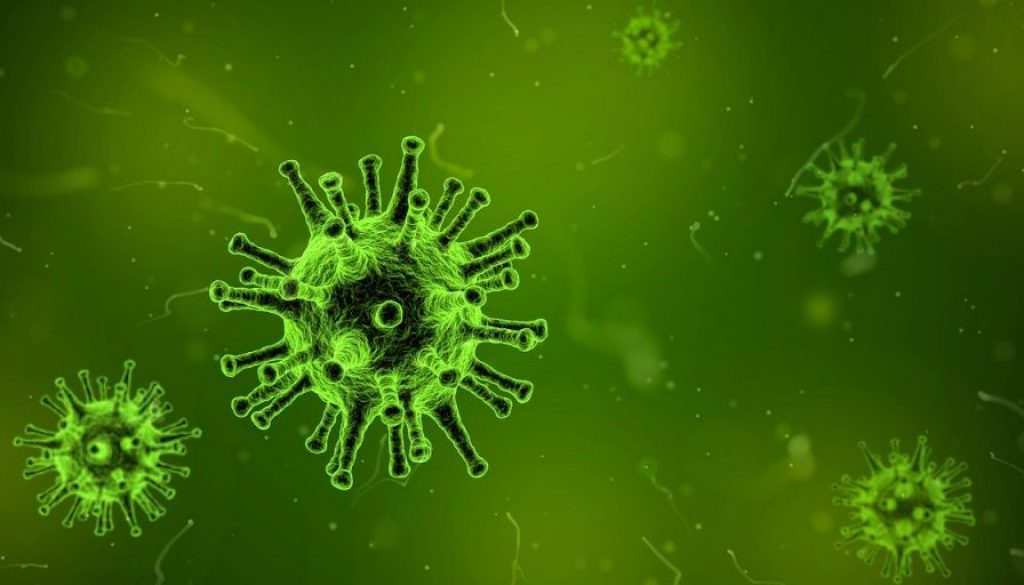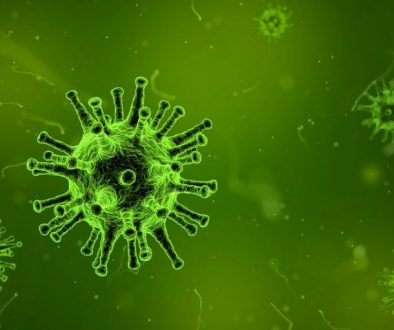COVID-19: The College position on PPE
We have always recognised that PPE is needed if you are seeing patients with symptoms of COVID-19, although optometrists should not be seeing these patients in practice. The difficulty is that we don’t know how many people may have COVID-19 without symptoms, and how they may pass the virus on to others.
We have been waiting for evidence on PPE for primary care during the COVID-19 pandemic. We are expecting a rapid review to be published within the next week by the Centre for Evidence Based Medicine at the University of Oxford. In the meantime, we recommend that optometrists follow guidance from the Royal College of Ophthalmologists.
The Royal College of Ophthalmologists have updated their advice on PPE to ophthalmologists, and now recommend that clinicians should wear standard surgical masks when examining or treating patients at the slit lamp. Gowns and gloves are not recommended. They also recommend that plastic breath shields attached to slit lamps provide some protection, but must be disinfected between patients, as studies show that the COVID-19 virus is viable for up to 72 hours on plastic surfaces. In addition, they recommend that ophthalmologists should avoid speaking at the slit lamp.
We therefore advise that optometrists who are seeing patients should follow the guidance above.
We recognise, though, that PPE is in short supply across the UK, and that optometrists may not always be able to access surgical masks. It is also important that we protect colleagues who are in direct contact with patients by not using masks when they are not needed. If no PPE is available, we recommend that optometrists follow the guidance in our FAQs on adapting your practice to minimise contact with patients.
The College is working with the other UK optical bodies to raise this issue with national governments, to ensure that optometrists and other primary eye care staff are provided with appropriate PPE so that they can meet the urgent and essential eye care needs of their patients and protect themselves and their communities.


